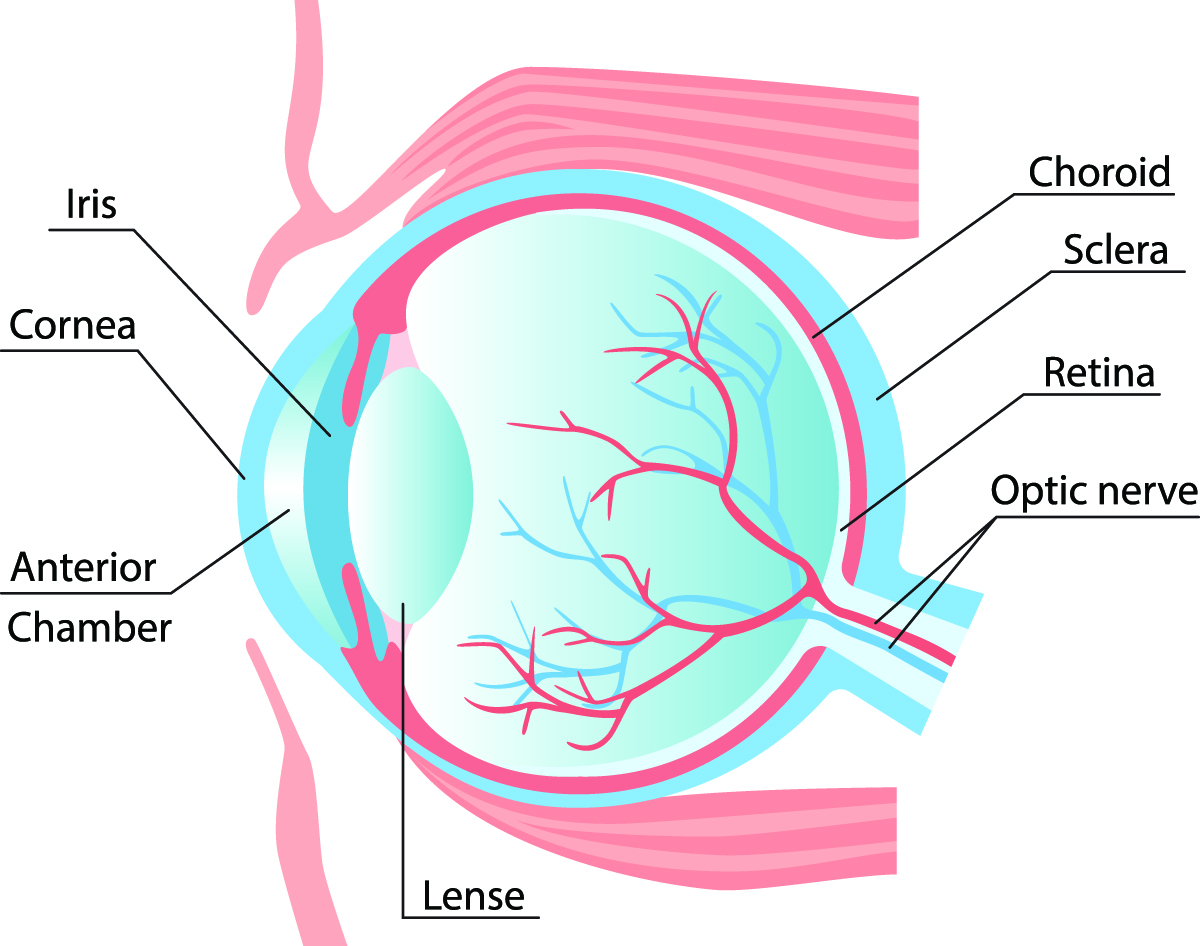Retinal Laser Treatment: What Eye Conditions Qualify for Laser Treatment?
Submitted by Elman Retina Group on August 8, 2023

Laser eye surgery treats various retinal conditions using minimally invasive techniques for long-lasting outcomes that improve eye health and vision. Many of these eye concerns can lead to severe complications, including blindness. Laser technology has treated eye diseases and conditions for over 30 years and provides effective results without using scalpels or needles. Elman Retina Group in Baltimore offers laser treatment for retinal disorders.
What Conditions Can Retinal Laser Surgery Treat?
Laser surgery can improve these retinal problems and more:
- Diabetic retinopathy
- Central retinal vein occlusions
- Branch retinal vein occlusions
- Age-related macular degeneration (AMD)
- Retinal detachment
- Retinoblastoma tumors
- Macular edema
- Central serous retinopathy
Laser eye surgery may be used to seal leaking blood vessels, remove abnormal blood vessels, destroy tumors, and repair tears. The procedures are performed at our Baltimore office with anesthetic eye drops for your comfort. Retinal laser treatment typically takes around 30 minutes, and patients can go home shortly after their procedure. Most patients can resume working and their regular routine the next day.
Sometimes several laser treatments are required to manage chronic retinal conditions for optimal results. Vision and other symptoms tend to improve in the weeks or months after laser treatment.
Types of Retinal Laser Treatment
Photocoagulation
Focal photocoagulation is a standard laser treatment for diabetic eye disease, retinal detachment, retinal tears, macular edema, and other retinal conditions. The minimally invasive approach seals leaking blood vessels in the retina and destroys abnormal tissue in the back of the eye. Focal photocoagulation creates small burns with the laser beam around a retinal tear or hole to form scar tissue that helps hold the retina in place and fixes the tear.
This laser treatment is often used for diabetic macular edema but may also improve central and branch retinal vein occlusions and age-related macular degeneration. Retinoblastoma tumors can be treated with focal photocoagulation by directing the laser energy through the pupil onto the blood vessels around the tumor and destroying them with heat.
Panretinal photocoagulation is a more extensive laser treatment that treats the entire retinal area for proliferative (advanced) diabetic retinopathy. The procedure aims to slow the growth of new abnormal blood vessels to stall the disease.
Photodynamic Therapy (PDT)
Photodynamic therapy uses laser energy with a narrow wavelength to activate an injected dye in the retina. The pigment absorbs the laser energy to slow or stop blood vessels from leaking. This laser treatment creates blood clots in the area to destroy abnormal blood vessel growth in patients with wet AMD.
Thermotherapy
Thermotherapy is another type of retinal laser treatment that addresses retinoblastomas. Infrared light is applied to the tumor to heat and destroy the tumor cells.
Elman Retina Group also offers barricade laser treatment for retinal tears and detachments, and MicroPulse Laser for macular edema and central serious retinopathy.
Why Choose Elman Retina Group for Laser Treatment
Our board-certified ophthalmologists and retinal specialist have helped many patients restore or maintain their vision with laser treatments. Dr. Michael J. Elman is an Assistant Professor of Ophthalmology at the prestigious Johns Hopkins University School of Medicine. Dr. Sidney (“Sid”) A. Schechet is an accomplished specialist in retinal and vitreous diseases, such as macular degeneration, macular holes, retinal detachments, and diabetic eye disease. Dr. David Dao is a specialist in vitreoretinal surgery and uveitis. Our providers are some of the best in the industry with ample experience and training.
Contact Elman Retina Group in Baltimore, Maryland, at (410) 686-3000 to schedule your consultation and discuss laser treatment for your retinal condition.



